Many employers have responded generously to the COVID-19 pandemic. In 2021, nearly a quarter of employers offered employees year-end bonuses, and most of those employers have also increased the size of year-end bonuses. As of 2021, the average bonus-receiver will probably end up with about 11% of their salary by the end of the year.
For most people, that’s a decent chunk of change. It begs the question: what should you do with it?
(Obligatory disclaimer: we’re real estate professionals, not financial advisors. We are not providing financial advice. If you need financial advice, seek out a financial advisor.)
Instant Gratification
You could always install a pool. Okay, that’s a joke. Kind of. If you decide to go full Clark Griswold, don’t pull the trigger until you know you are getting a juicy check rather than a jelly-of-the-month subscription.
How to Think about Bonuses
A more forward-looking strategy is to use the bonus to support your financial goals.
Psychologically, most of us think about large sums of money received at once as windfalls or gifts. Especially when you attach words like ‘bonus’ to the distributions, some people wind up considering them more like expendable fun money than as 'income.'
The problem: employers consider bonuses as part of employee compensation, and budget the expense accordingly. Of course, many bonuses are tethered to employee productivity or performance. This creates an incentive for employees to work harder, but it doesn’t change the fundamental bottom-line calculation: a bonus is part of your hard-earned income, and deserves to be treated as such.
How to Divide Your Bonus
Budgeting is hard. Money doesn’t always end up going exactly where you think it will.
It’d be pretty unrealistic for us to insist that no part of anyone’s bonus should go towards fun and purchases. If you are financially secure, there’s nothing wrong with buying some new clothes, workout equipment, or starting a vacation fund. Treat yourself!

For many people, additional income can be game-changing. If one of your New Year’s Resolutions is improving your financial literacy, there’s a few ways a bonus can help you plan for the future.
- Pay down high-interest debt. Debt can be a powerful financial tool, enabling you to fund purchases that most people can’t realistically expect to pay for in cash (e.x. buying a house or paying for your education). Depending on the interest rate, it can also weigh you down and reduce your paycheck significantly. Financially speaking, this is the equivalent of setting money on fire. If you’re carrying credit card debt, or servicing similar high-interest loans, get those out of the way first.
- Save for the future. Everyone has a different situation. Whether you’re saving for a house, a car, a college fund, or an engagement ring, it’s probably smart to set aside a cut of your bonus and invest in a fairly safe, low-volatility asset class. It’ll earn you money while you wait to hit your target, and if you pick a fairly liquid investment strategy, you’ll be able to access it when you need it.
- Create an emergency fund. This — much like first-aid kits, plungers, and insurance — falls into the category of ‘things you hope you’ll never need.’ But if the need arises, you’ll be glad to have it. If you’re carrying high-interest debt, you should probably eliminate that before setting aside an emergency fund. Three months of living expenses is a good place to start.
These financial strategies can be boring. They aren't interesting or fun, and probably don't meaningfully improve your daily life. But, over the long haul, their importance is hard to overstate.
And hey, if you have some money left over, maybe you can put a down payment on a pool.



